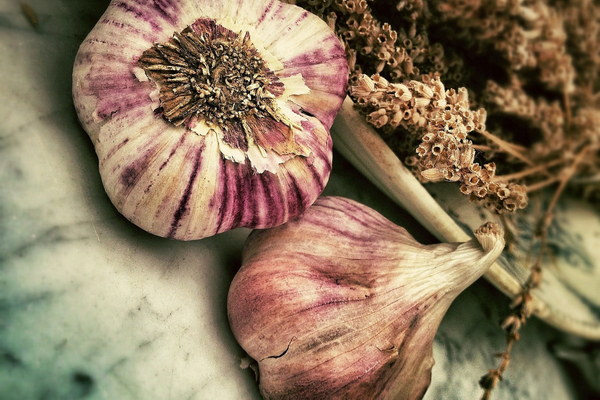Are LungBoosting Teas Harmful Unveiling the Truth Behind Their Benefits and Risks
Introduction:
Tea, with its rich history and diverse varieties, has long been celebrated for its health benefits. From green tea to black tea, each type offers unique advantages for the body. Among these, lung-boosting teas have gained popularity for their potential to improve respiratory health. However, as with any health product, there is always a concern about potential side effects. In this article, we will explore whether lung-boosting teas have any harmful effects and shed light on their benefits and risks.
Benefits of Lung-Boosting Teas:
Lung-boosting teas are known for their ability to improve respiratory health. Here are some of the benefits associated with these teas:
1. Antioxidant Properties: Many lung-boosting teas, such as green tea and white tea, are rich in antioxidants. These compounds help neutralize harmful free radicals in the body, reducing the risk of lung diseases and inflammation.
2. Anti-inflammatory Effects: Certain teas, like ginger tea and peppermint tea, have anti-inflammatory properties that can help alleviate respiratory issues such as bronchitis and asthma.
3. Immune System Support: Lung-boosting teas, such as echinacea tea, can enhance the immune system, making it more effective in fighting off respiratory infections.
4. Detoxification: Many teas have diuretic properties that can help flush out toxins from the body, including the lungs.
Risks and Potential Side Effects:
While lung-boosting teas offer numerous benefits, there are some risks and potential side effects to consider:
1. Allergies: Some individuals may be allergic to certain herbs or ingredients found in lung-boosting teas. Symptoms of an allergic reaction may include hives, itching, or difficulty breathing.
2. Drug Interactions: Certain lung-boosting teas, such as ginger tea and peppermint tea, can interact with medications, particularly those that affect the heart or blood pressure. It is essential to consult a healthcare professional before incorporating these teas into your routine.
3. Overconsumption: Excessive consumption of lung-boosting teas, particularly those high in caffeine, can lead to adverse effects such as insomnia, anxiety, or digestive issues.

4. Herbs with Toxicity: Some herbs used in lung-boosting teas, such as ephedra, have been associated with toxicity and can cause serious health problems. It is crucial to ensure that the tea you consume is made from safe and non-toxic herbs.
Conclusion:
In conclusion, lung-boosting teas can offer numerous benefits for respiratory health, including antioxidant, anti-inflammatory, and immune-boosting properties. However, it is important to be aware of the potential risks and side effects associated with these teas. Before incorporating lung-boosting teas into your routine, it is advisable to consult a healthcare professional, especially if you have underlying health conditions or are taking medication. By doing so, you can enjoy the benefits of lung-boosting teas while minimizing any potential harm.









